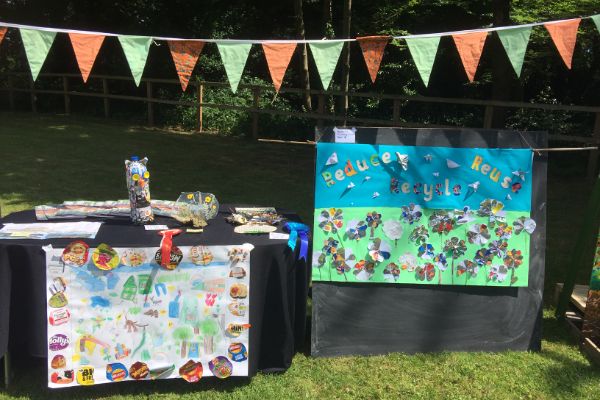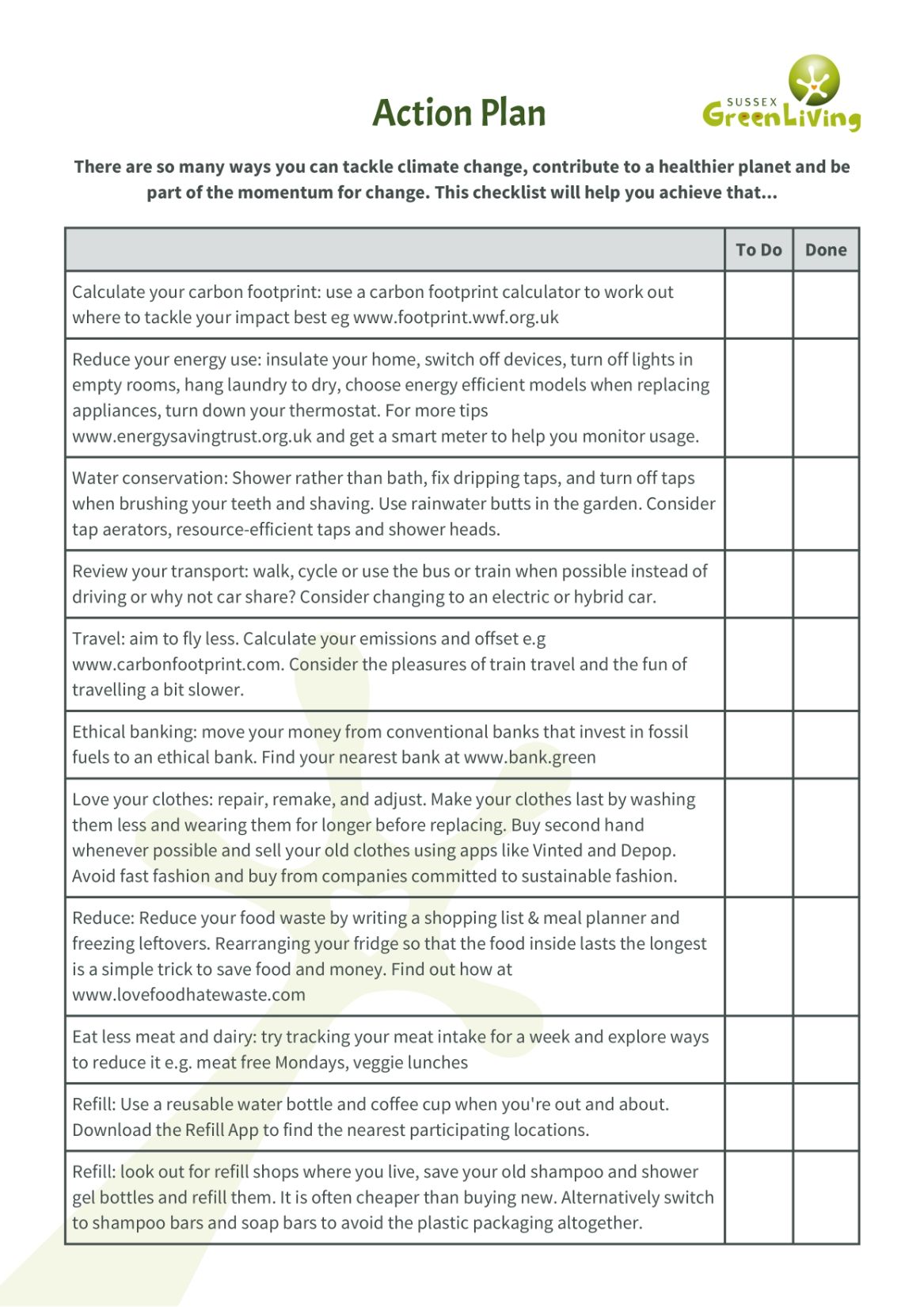How Schools can Make a Difference
Learning about climate change and the areas where we can mitigate our impact is one thing, but taking action is even better. What better place to start than in your own school?
There are many areas that can be addressed when looking at making your school more sustainable, from reducing waste to encouraging biodiversity.
Here are some ideas to get your started as well as resources and key contacts for putting together your school action plan.















